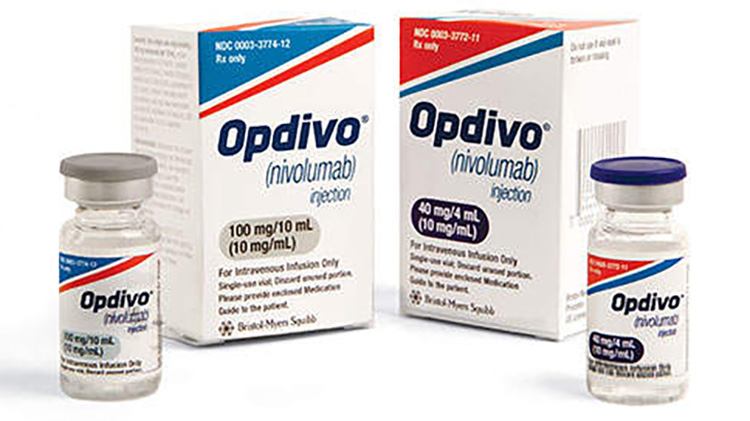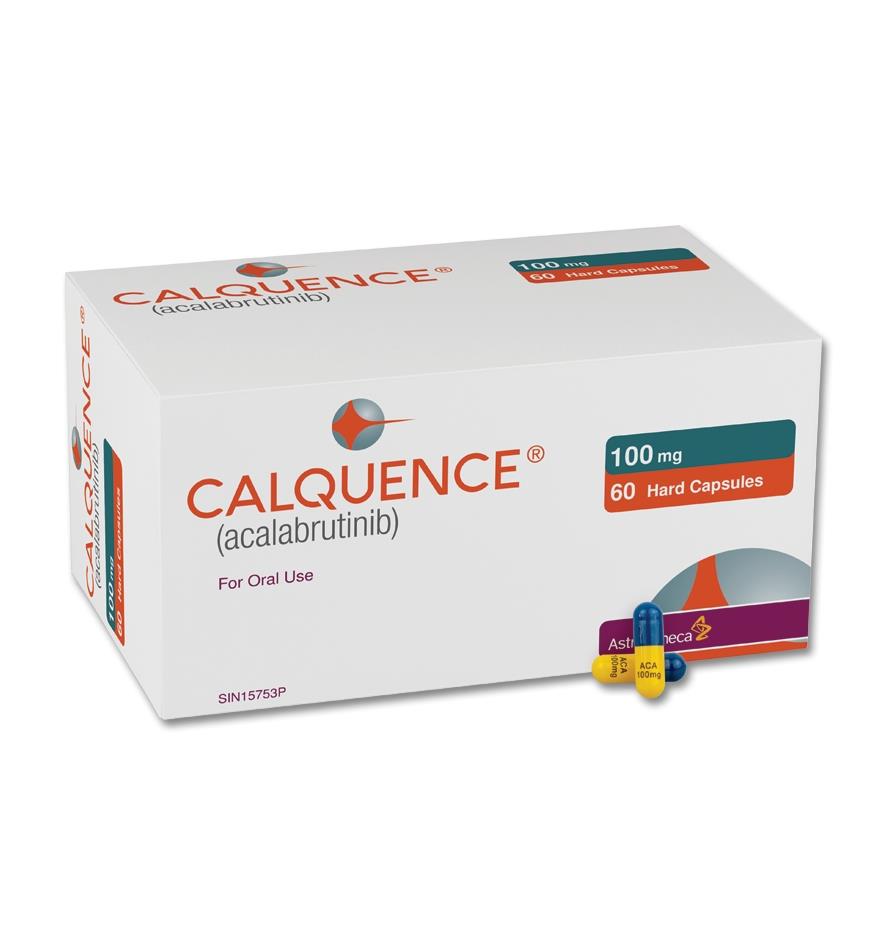Opdivo (Nivolumab) vs Calquence (acalabrutinib)
Opdivo (Nivolumab) vs Calquence (acalabrutinib)
Opdivo (nivolumab) is an immune checkpoint inhibitor designed to harness the body's immune system to help fight cancer, and it is commonly used in the treatment of various types of cancers, including melanoma, lung cancer, and kidney cancer. Calquence (acalabrutinib), on the other hand, is a Bruton's tyrosine kinase (BTK) inhibitor used primarily for the treatment of certain blood cancers, such as mantle cell lymphoma and chronic lymphocytic leukemia. When deciding between these two medications, it is essential to consider the specific type of cancer being treated, as each drug targets different pathways and mechanisms in the cancer cells, and the decision should be made in consultation with an oncologist who can evaluate the individual's unique medical condition and history.
Difference between Opdivo and Calquence
| Metric | Opdivo (Nivolumab) | Calquence (acalabrutinib) |
|---|---|---|
| Generic name | Nivolumab | Acalabrutinib |
| Indications | Various types of cancers including melanoma, lung cancer, renal cell carcinoma, Hodgkin lymphoma, head and neck cancer, urothelial carcinoma, colorectal cancer, hepatocellular carcinoma, esophageal cancer, and others. | Mantle cell lymphoma, chronic lymphocytic leukemia, small lymphocytic lymphoma. |
| Mechanism of action | Programmed death receptor-1 (PD-1) blocking antibody, which helps the immune system in attacking cancer cells. | Bruton's tyrosine kinase (BTK) inhibitor, which helps in stopping the growth and spread of cancer cells. |
| Brand names | Opdivo | Calquence |
| Administrative route | Intravenous infusion | Oral |
| Side effects | Fatigue, rash, musculoskeletal pain, pruritus, diarrhea, nausea, asthenia, cough, dyspnea, decreased appetite, and others. | Headache, diarrhea, bruising, muscle pain, anemia, thrombocytopenia, neutropenia, rash, infections, and others. |
| Contraindications | Known hypersensitivity to nivolumab or any of its excipients. | Known hypersensitivity to acalabrutinib or its excipients, severe hepatic impairment. |
| Drug class | Immune checkpoint inhibitor | Bruton's tyrosine kinase (BTK) inhibitor |
| Manufacturer | Bristol-Myers Squibb | AstraZeneca |
Efficacy
Opdivo (Nivolumab) in the Treatment of Lymphoma
Opdivo, generically known as nivolumab, is a PD-1 (Programmed Death-1) inhibitor that has shown efficacy in the treatment of certain types of lymphoma. It works by blocking the PD-1 pathway, which cancer cells often exploit to evade the immune system. By inhibiting this pathway, Opdivo can help the immune system recognize and attack lymphoma cells. It has been particularly effective in treating classical Hodgkin Lymphoma (cHL) after the failure of autologous stem cell transplant (ASCT) or after at least two types of treatment for those who are not ASCT candidates.
In clinical trials, nivolumab has demonstrated a significant response rate in patients with relapsed or refractory cHL. The efficacy of Opdivo for this indication is supported by the overall response rate (ORR) and duration of response (DOR) observed in these studies. However, it is important to note that responses to treatment can vary, and not all patients will have the same outcomes. The safety and efficacy of Opdivo for the treatment of other types of lymphoma are still under investigation, and its use should be based on an assessment of the individual patient's condition and response to prior therapies.
Calquence (Acalabrutinib) in the Treatment of Lymphoma
Calquence, or acalabrutinib, is a Bruton's tyrosine kinase (BTK) inhibitor that has shown promise in the treatment of certain types of lymphoma, particularly in mantle cell lymphoma (MCL) and chronic lymphocytic leukemia (CLL). Acalabrutinib works by blocking BTK, which is a key signaling molecule in the B-cell receptor pathway that is critical for the survival and proliferation of B-cells, including malignant B-cells found in lymphomas.
For patients with MCL who have received at least one prior therapy, acalabrutinib has been approved based on its high ORR and DOR. The efficacy of Calquence in this context has been well-documented in clinical trials, showing a favorable safety profile and significant antitumor activity. While acalabrutinib is not yet approved for all types of lymphoma, ongoing research and clinical trials continue to evaluate its potential in other B-cell malignancies. As with any medication, the decision to use Calquence should be made in the context of the patient's overall health, disease status, and prior treatments.
Regulatory Agency Approvals
Opdivo
-
European Medical Agency (EMA), European Union

-
Food and Drug Administration (FDA), USA

-
Health Canada

-
Pharmaceuticals and Medical Devices Agency (PMDA), Japan

-
Therapeutic Goods Administration (TGA), Australia

-
Medsafe (NZ)

Calquence
-
European Medical Agency (EMA), European Union

-
Food and Drug Administration (FDA), USA

-
Health Canada

-
Pharmaceuticals and Medical Devices Agency (PMDA), Japan

-
Therapeutic Goods Administration (TGA), Australia

Access Opdivo or Calquence today
If Opdivo or Calquence are not approved or available in your country (e.g. due to supply issues), you can access them via Everyone.org.
How it works

Make an enquiry
Choose the medicine you want to buy, answer a couple of questions, and upload your prescription to speed things up. We’ll get back to you within 24 hours.


Make an enquiry
Choose the medicine you want to buy, answer a couple of questions, and upload your prescription to speed things up. We’ll get back to you within 24 hours.


Breeze through the paperwork
We'll guide you through the required documents for importing unapproved medicine, ensuring you have all the necessary information.


Get a personalized quote
We’ll prepare a quote for you, including medicine costs and any shipping, administrative, or import fees that may apply.


Receive your medicine
Accept the quote and we’ll handle the rest - sourcing and safely delivering your medicine.

Some text on this page has been automatically generated. Speak to your physician before you start a new treatment or medication.
Let's talk
If you have any questions, call us or send us a message through WhatsApp or email:
Contact us




